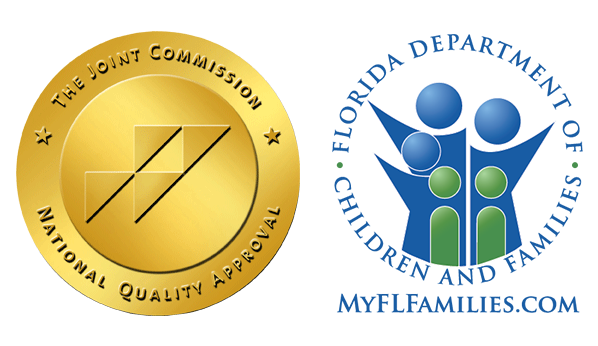Do you or a loved one require assistance understanding when to check into a residential rehabilitation facility? Has the person you love admitted to having an addiction already? Have you looked into which treatment facility in Florida is the best? Has the person you love accepted that they need assistance? It is advisable that a residential rehabilitation program may be right for you or your loved one.
It can be hard to know what to expect with different kinds of treatment and which one is right for you. Postponing daily tasks may appear challenging, but transitioning into a residential therapy program may be exactly what is needed. You have to start your rehabilitation procedure in the right mindset if you want it to be successful. These are some guidelines to help you know if a residential rehabilitation program is right for you.
For those with complicated mental health and/or addiction problems, a residential treatment program offers thorough, comprehensive evaluation and care.
But are you or a member of your family a good fit for this kind of program? Ultimately, not every patient is a good fit for every treatment plan. Prior to deciding if residential therapy is the best option, take into account the following details.
Who Makes the Best Residential Treatment Candidate?
A residential treatment at the Beachcomber Center offers a controlled and supportive atmosphere that can benefit a wide range of individuals. However, some of the best prospects are those who
possess complicated medical conditions that require sophisticated treatment; lack a natural setting that would be excellent for supporting their care; require a more structured environment; and have not adequately reacted to earlier therapies It might be more susceptible to decompensation. Even if they are stable, they might require more careful supervision to deal with issues like “acting out” behaviors and possible suicidal thoughts.
When is it Necessary to Use a Residential Treatment Center?
For people who want extra help for well-being and are battling mental or emotional health problems, residential treatment facilities can be a lifesaver. These facilities, which offer secure, short-term care around the clock, are particularly helpful to people who are suicidal or at risk of self-harm, as well as individuals who have experienced significant emotional trauma that cannot be managed without an organized program.
When more conventional treatments like counseling or medication have not worked for a patient, it is frequently advised. If a person’s mental health condition gets worse, a residential treatment center can also serve as a bridge to keep them out of the hospital or long-term institution where they would need more care.
Get in touch with your healthcare practitioner if you think you or someone you know might benefit from residential treatment support in West Palm Beach. They are most qualified to determine the current level of care required and to help you through this process.
How Does Residential Therapy Affect Patients?
A residential treatment program can offer several advantages to an individual who satisfies the aforementioned requirements, including the following:
A supportive environment. A residential treatment environment’s community and therapeutic milieu can serve as a therapy strategy in and of itself. Many people who suffer from mental illness do not naturally reside in supportive environments, and following an intensive treatment phase, they may quickly experience social isolation or frustration. Others don’t have the life skills needed to work well, and a residential program’s therapeutic setting offers a secure setting for them to acquire and hone them. It supports the development of healthier relationships, more self-esteem, and more responsible behavior.
More comprehensive diagnostic evaluation procedures and instruments. An estimated 85% of addicts also struggle with a mental health issue. Furthermore, people who suffer one kind of mental illness may also be dealing with other mental health problems. For the optimal treatment strategy to be implemented, accurate diagnosis and assessment are essential. More thorough evaluations are usually provided by residential treatment programs, which frequently make use of cutting-edge instruments and technology, including brain scans, psychological testing, and even genetic testing. Click this link to learn more about psychological evaluations.
Greater variety of therapies. Compared to other settings, a residential treatment center usually provides a wider “menu” of services. Following assessment, residential programs provide a wide range of therapies, including recreational and traditional psychotherapy.
Conclusion
Not every patient is suited for residential treatment. While those with extremely acute conditions or a high risk of suicide may require inpatient therapy, patients with shorter-term or milder diseases may gain enough from outpatient treatment.
However, the “happy medium” offered by a successful residential treatment facility like Beachcomber provides the best start for many people to reclaim a fulfilling and productive life. Contact us today for more information.












